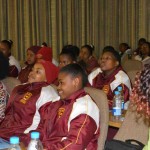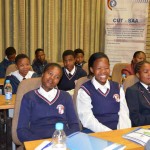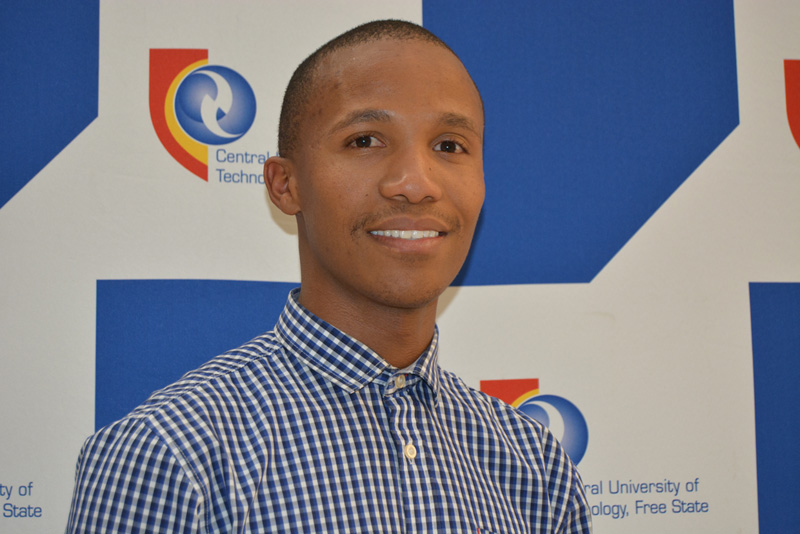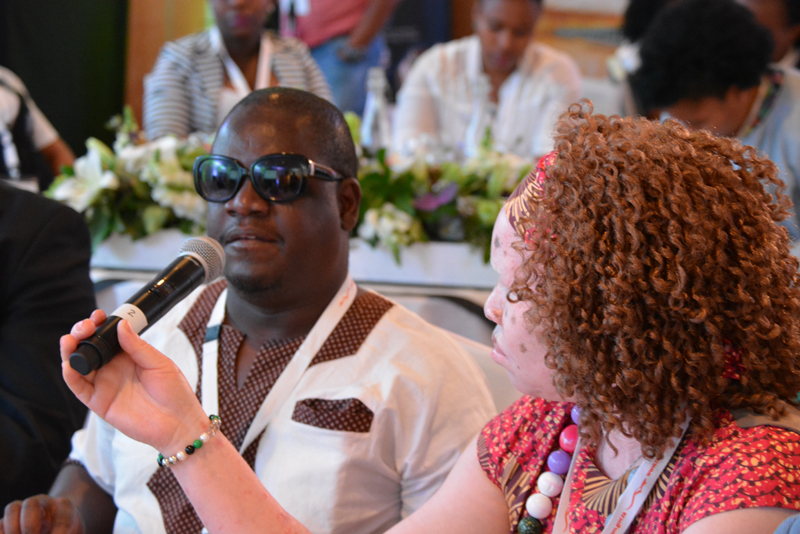CUT envisions itself to be a center of knowledge, innovation and excellence, producing a critical mass of researchers and innovators that directly contribute to prosperity creation. 20 to 22 September 2016 the Faculty of Engineering and Information Technology hosted the 6th African Engineering Education Association (AEEA) Conference to provide an opportunity for researchers and students to network and embrace intellectual development by allowing educators, professional organisations and industry leaders to discuss common problems in engineering education. The conference also created a platform for engineering educators to examine approaches to teaching, learning and curriculum structures that would advance engineering education in resource-constrained environments. It also allows for the exchange of information, links, and collaboration between delegates from various institutions and addresses the global issues relating to engineering education.
![AEEAConference_1w]()
This jointly hosted a conference by the African Engineering Deans Council aims to provide an opportunity for professional socialisation, networking, and intellectual development. “In a conference like this, critical minds come together to debate relevant issues logically for solutions and answers. At our university, diversity is critically important and what we are trying to achieve with this conference is to embrace it through our international delegates from across the globe. We believe that through embracing diversity, we can become better educators and leaders, said Prof. Henk de Jager Acting Vice-Chancellor and Principal in his welcome address.
Dr Thomas Auf Der Heyde, Deputy Director General: Research Development and Support from the Department of Science and Technology said although the university is historically one of the smallest universities in South Africa, it is at the forefront of several important areas of development, particularly in rapid prototyping. He commended the University for its leadership in the engineering field in South Africa. “As a department, we are very proud to be associated with the developments of this capacity at this university.”
![AEEAConference_2w]()
In his keynote address Prof. Yacob Astatke, an Interim Associate Dean for Undergraduate Studies, School of Engineering at Morgan State University, Baltimore- Maryland spoke about the Pan African Research Collaboration: A vision for the future of engineering education in Africa, stating human capital as an important factor. He further said that Africa has a young population that needs to be engaged properly to help solve the major problems that will be faced in the future. “Education is expanding and if we engage the students and focus on entrepreneurship, we might be able to conquer the future challenges for Africa. My vision for the next 5-10 years is to have Pan African Research collaboration where African and international institutions partner to work on global solutions as we are all faced with the same challenges.”
Prof. Mona Lisa Dahm, an Associate Professor at Aalborg University presented on the Challenge of Responsible Engineering: Balancing Technological Advancement, Social Responsibility and Sustainability. As she elaborated on the subject, she said that responsible engineering is engineering that demonstrates knowledge and understanding of the impact of engineering activity on the society, economy, workplace and physical environment and addresses the issues by defined procedures (ECSA, ELO 7, 2014). She also said that sustainable development is a development that meets the needs of the present without compromising the future generations.
Prof. Jian Lin presented on a Plan for Educating and Training Outstanding Engineers (PETOE) in the 21st century. He referred to it as one of the methods used by China government to promote engineering education on a great scale in its quantity to a great power in its quality. “To ensure high-quality training, PETOE formulated the general standards at undergraduate, masters, and doctoral levels and these standards are nationally benchmarked for training the future outstanding engineers. PETOE has had a great influence on higher education and universities, and it has powerfully pushed forward China’s engineering education in the past six years,” he explained.
Prof. Yuan Si from the Department of Civil Engineering, Tsinghua University presented on Engineering Education in Massive Open Online Course (MOOC) Era. MOOC is an online course aimed at unlimited participation and open access through the web. He made it clear that his attendance is more on forging collaborations and alliances with other institutions, universities, and government organisations. “Though formed collaborations, we can provide online engineering education courses or develop new MOOCs dedicated to African Engineering Education.”
![AEEAConference_3w]()
Prof. David Norris, Deputy Vice-Chancellor at Botswana International University of Science and Technology (BIUST) shared the challenges encountered at Botswana University as a young institution that still needs to find its ground especially on research funding and programme accreditation. “I am delighted to be part of this conference. I have learned from the best and hope that my networking will go beyond this.”
Images
1 and 2 (Featured image): Day one of the conference with engineering delegates learning how to use visual aids to enhance teaching and learning in the engineering field.
3: From left: Prof. Jian Lin, Prof. Hans Hoyer, Secretary General at the International Federation of Engineering Education Societies (IFEES); Prof. Henk de Jager Acting Vice-Chancellor and Principal Elect; and Prof. Funso Falade, President of African Engineering Education Association (AEEA) who enjoyed a tour at the Bagamoya Wildlife Estate during the conference.
Uploaded: 29 September 2016
The post CUT hosts African Engineering Education conference appeared first on CUT, South Africa.
















